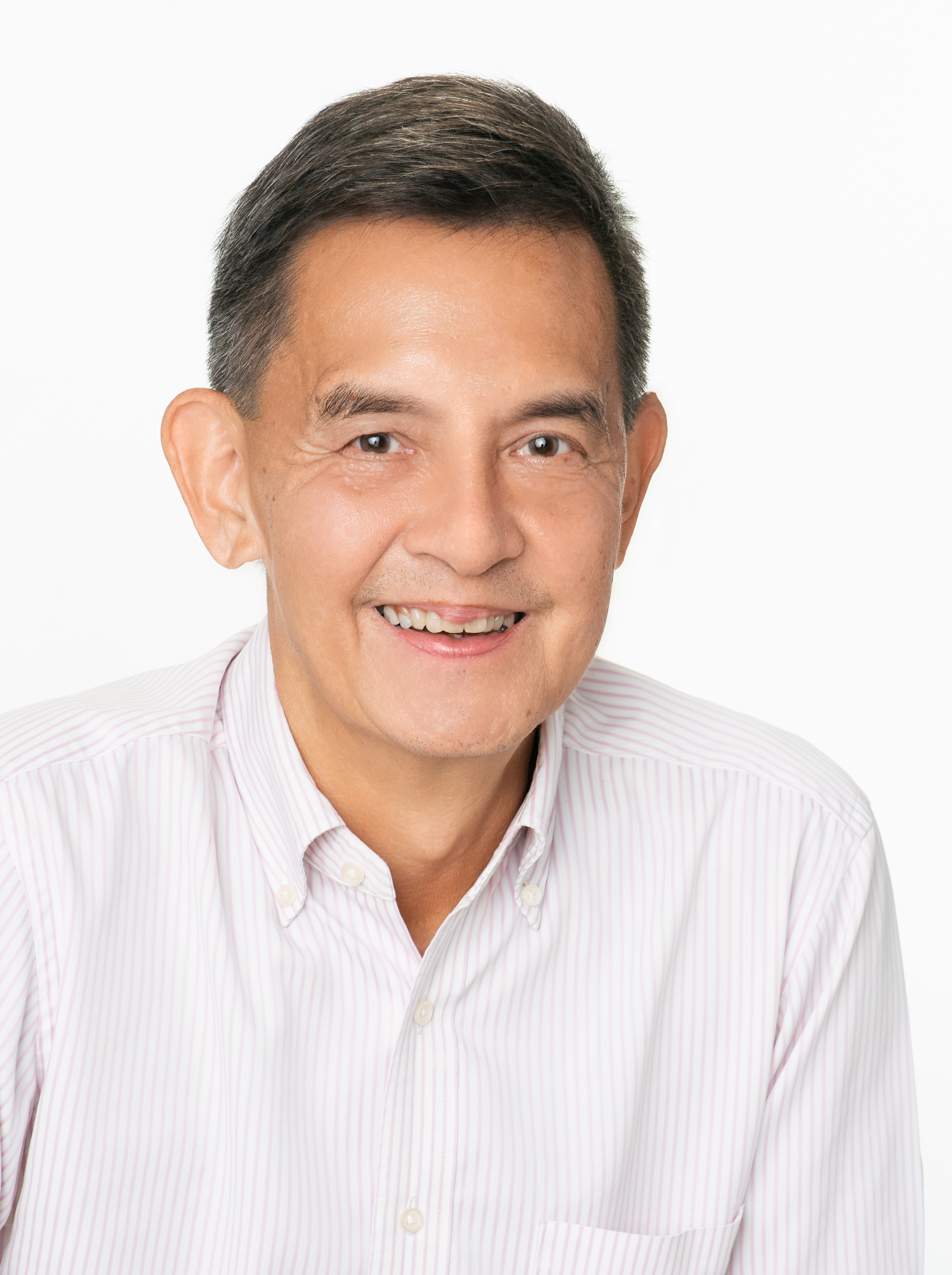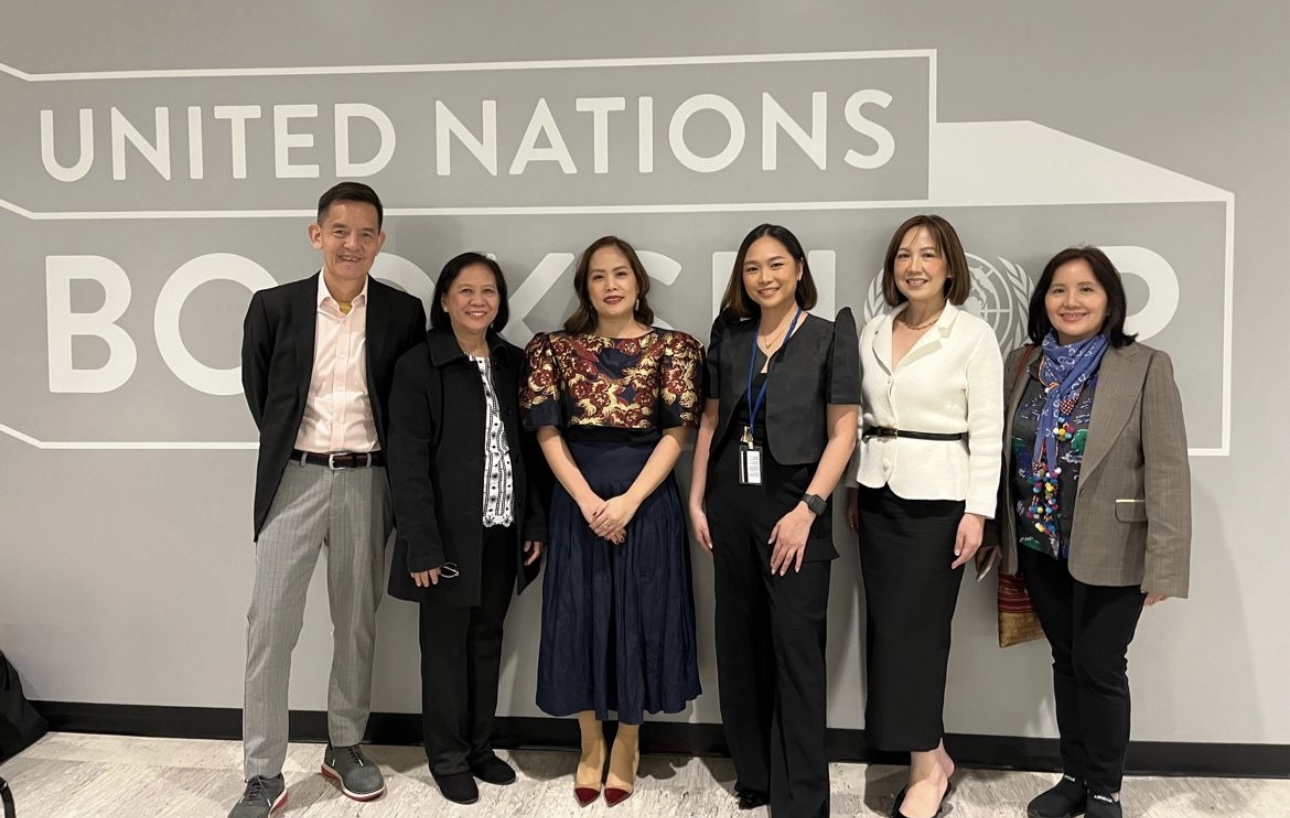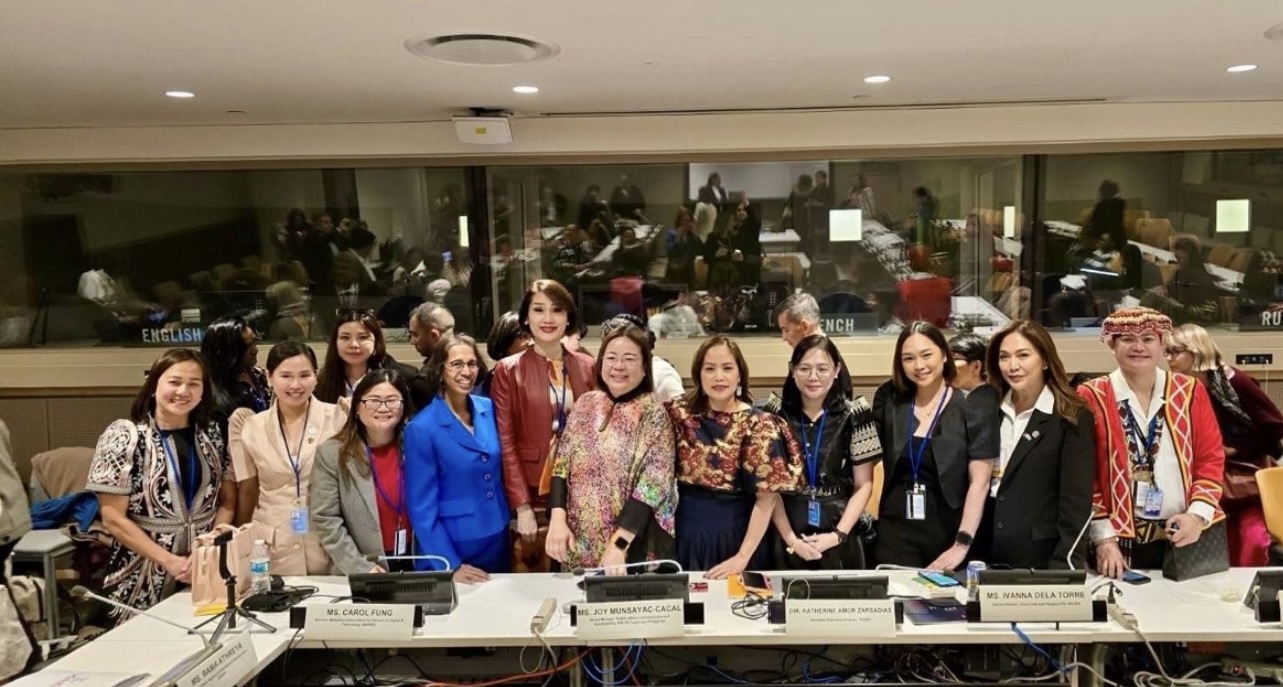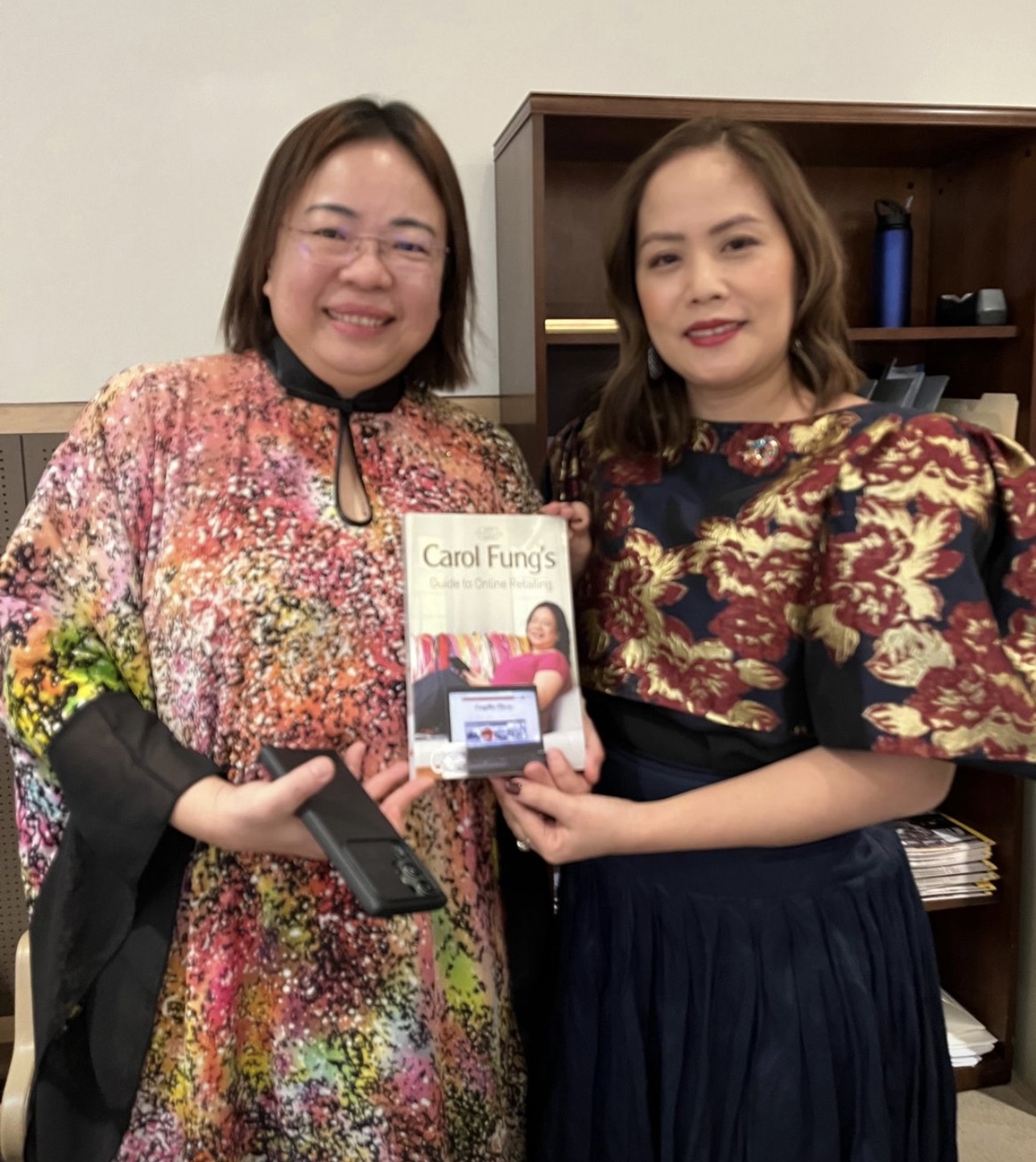HEARD IT THROUGH THE GRIPE-VINE: OUR NEW ABNORMAL

Women’s Month may now be in our rear view mirror, but that doesn’t mean we should no longer talk about women empowerment – or highlight initiatives that help advance the cause of women parity and their economic advancement. I take my title from a 1929 ad campaign of Coca-Cola, and that’s no coincidence as I’d like to talk about a public-private partnership that was highlighted during the recently held United Nations Commission on the Status of Women (CSW68) that the Philippines chaired this year. I was fortunate enough to attend the second week of the conference, and it was a real eye-opener.
One side-talk I attended was entitled Women in TVET: Unlocking Digital Empowerment (TVET stands for Technical-Vocational Education & Training), and along with the relevant Philippine government agencies, it was being brought to us by USAID, Coca-Cola Philippines, and the Malaysian Association for Women in Digital and Technology (MAWiD). It was a wonderful example of global synergies, a confluence of relevant speakers and best practices, and a shining roadmap of how a sustainable future can be within our reach if we all focus and work in harmony.

Dr. Bama Athreya, USAID senior specialist Labor and Employment Rights, and Carol Fung, senior manager at Malaysia Digital Economy Corporation were the speakers who didn’t come from the Philippines, and I loved how they provided fresh viewpoints, from both an ASEAN and US perspective, of the challenges still facing us when we talk of digital empowerment for women. Dr. Athreya reminded us of how the digital world can often be an unsafe space for women, and we have to constantly be vigilant; while Carol was a most enthusiastic speaker, eager to share examples of the strides being made by Malaysian women as online entrepreneurs.
To highlight best practices and a Philippine public-private partnership that has an impressive decade-old provenance, the floor was shared by our Technical Education and Skills Development Authority (TESDA), and Coca-Cola Philippines. The iSTAR program, and its evolution into the REBORN Tindahan Extra Mile, are both initiatives that showcase how technical training goes hand in hand with economic empowerment and livelihood improvement – recognizing that the most effective way to empower women is to make them earn, or earn better. iSTAR is actually an offshoot of the STAR program that began 10 years ago – its digital reincarnation, so to speak, perfectly timed so when the health crisis hit in 2020, it was ready to be rolled out.

Between Senior Director Ivanna dela Torre and Senior Manager Joy Munsayac-Cacal of Coca-Cola Philippines, a comprehensive and encouraging picture of what these initiatives mean for Filipina women, and how it’s spread across the country, was delivered. iSTAR is about business coaching, and about business resources – micro-finance institutions, the wholesale of Coca-Cola products, and peer mentoring, all playing roles in the educating and training. In the mentoring stage, the Philippine Association of Sari-Sari Store and Carinderia Owners (PASCO) are involved, providing those in the program a ready network of experience and camaraderie.
Over 152,897 women have completed the program from 2021 to 2023. There were touching, heartfelt testimonials from some of the completers, gushing about how they’ve more than doubled their monthly sales and profits when armed with the kind of financial literacy and business tips the program provides.

Hon. Geraldine Roman of Bataan brought this side-event to a close, highlighting how resolute and optimistic she is about inclusive and representative policy in the Philippines. She touched on the different laws that have already been passed, and stated it was now more a matter of disseminating that information, educating, and making both women and the LGBTQ community aware of their rights, and how they’re protected by these laws.
In short, it’s something I’ve often observed about the Philippines. The laws and statutes are there, we don’t fall short in policy-making; it’s more often the case of are we aware they exist, are they being enforced, and are the ones breaking the law being brought to justice to help boost the needed awareness. But that’s another area of discussion.
My strongest takeaways from my brush with the UN Conference on the Status of Women was the heightened appreciation of these public private partnerships, and how the cliche of “It takes a village…” exists for a very good reason. The days spent in New York was also about new friendships, and I thank Coca-Cola for inviting us. The Philippines did a wonderful job chairing the CSW 68, and I congratulate all the speakers from the Philippines; and Amb. Antonio Lagdameo, delegation head as our Permanent Representative to the UN.